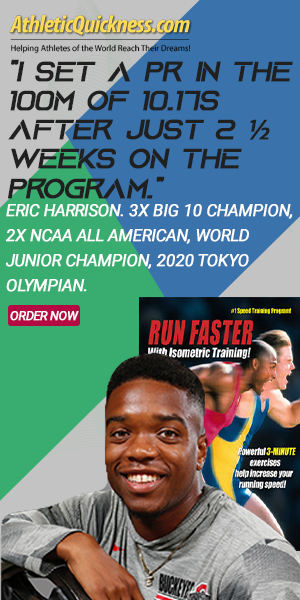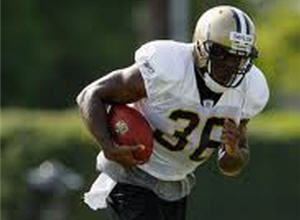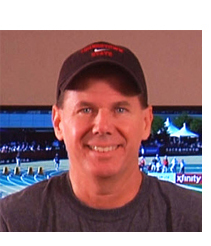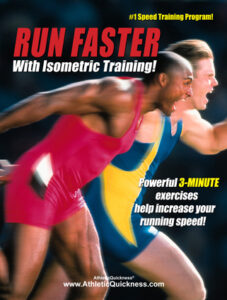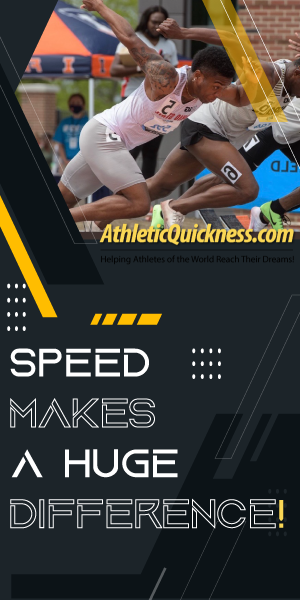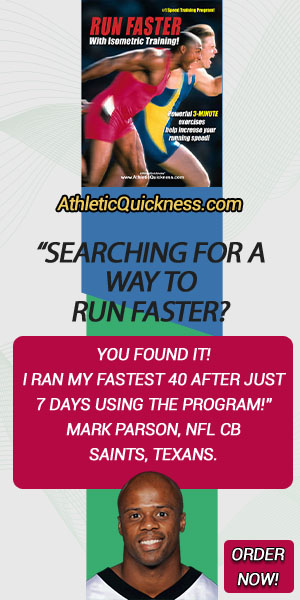Freelap USA talked to biomechanics expert Lance Brooks about the physics of sprinting. Brooks is a specialist with extensive knowledge of the physiological and mechanical principles that determine athletic performance. Brooks notes that sprinters want to achieve as much horizontal displacement with as little vertical displacement as possible. This means less time in contact with the ground, which in turn requires more vertical force to support the runner’s body weight. Consequently, as speed increases, the range of motion of the legs must expand so as to generate the stronger ground impact needed to create the necessary vertical force.
Key Takeaways:
- Lance Brooks is a researcher in biomechanics and he is involved in research projects which focus on the mechanical and physiological bases of human performance.
- When two opposing forces of equal magnitude approach each other, no motion exists but when one increases in force or the other decreases, then motion takes place.
- Regardless of the activity one is engaged in, according to Newtonian physics, the earth exerts just enough force on an individual to keep him from falling flat.
“In addition to research, Lance has a strong background in strength and conditioning, with experience at the NCAA Division 1 (SMU and Harvard) and high school levels (Malvern Prep), as well as in the private sector.”
[sc name=”2-stepoptin-blue”]

